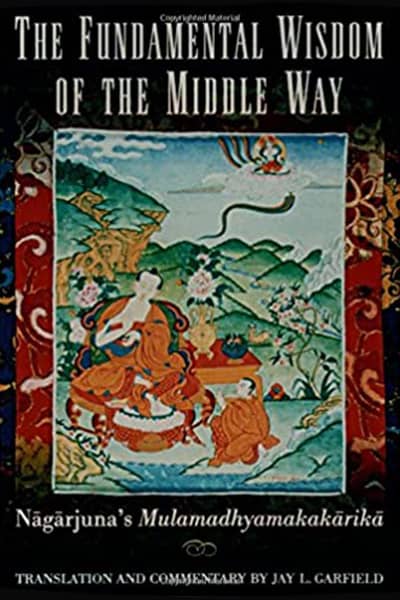 author
authorDiscover the Best Books Written by Nāgārjuna .
Nāgārjuna was an Indian Mahāyāna Buddhist thinker, scholar-saint, and philosopher. He is widely considered one of the most important Buddhist philosophers. Jan Westerhoff considers him "one of the greatest thinkers in the history of Asian philosophy." Nāgārjuna is widely considered to be the founder of the Madhyamaka (centrism, middle-way) school of Buddhist philosophy and a defender of the Mahāyāna movement.
His Mūlamadhyamakakārikā (Root Verses on Madhyamaka, or MMK) is the most important text on the Madhyamaka philosophy of emptiness. The MMK inspired many commentaries in Sanskrit, Chinese, Tibetan, Korean, and Japanese and continues to be studied today.
In the first and second centuries CE, India was politically divided into various states, including the Kushan Empire and the Satavahana Kingdom. At this point in Buddhist history, the Buddhist community was already divided into various Buddhist schools and spread throughout India.
At this time, there was already a small and nascent Mahāyāna movement. A minority of Buddhists held Mahāyāna ideas in India at the time. Joseph Walser writes, "Mahāyāna before the fifth century was largely invisible and probably existed only as a minority and largely unrecognized movement within the fold of nikāya Buddhism." By the second century, early Mahāyāna Sūtras, such as the Aṣṭasāhasrikā Prajñāpāramitā, were already circulating among certain Mahāyāna circles.
Best author’s book



Written books
1



















